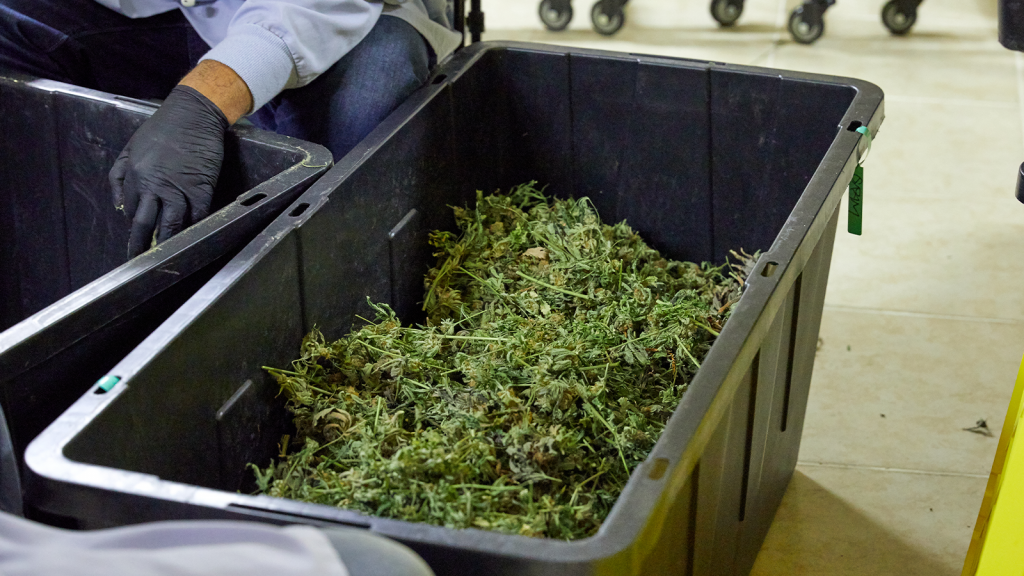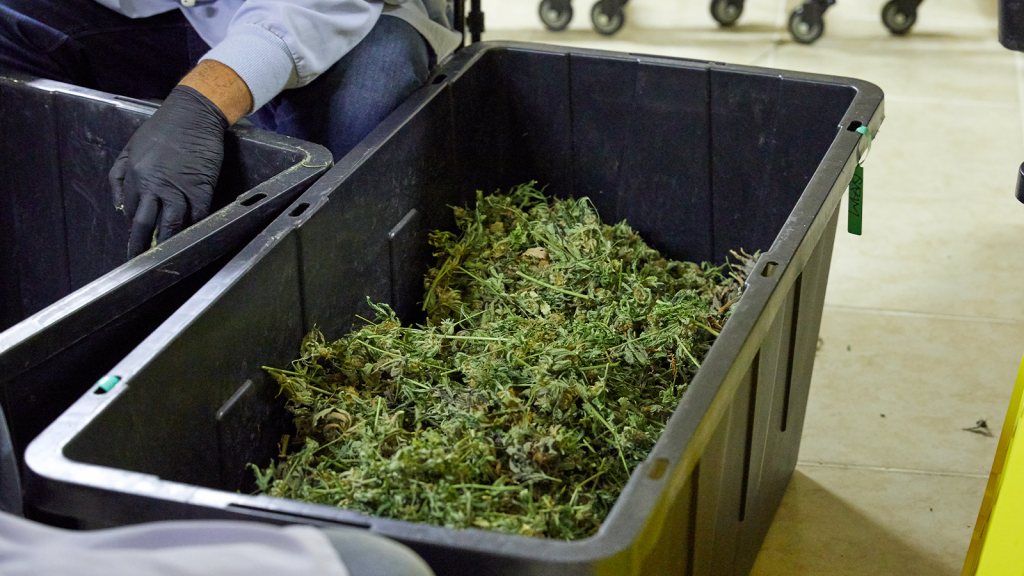
Canada’s cannabis industry is experiencing a labor shortage. In the five years since there has been a large-scale legal market for medical cannabis, and the October 2018 legalization of adult-use sales, companies have had trouble finding candidates who can deal with the sometimes punishing and difficult conditions required in large-scale greenhouse labor.
Some companies are solving this problem by hiring foreign workers. Through Canada‘s Seasonal Agriculture Worker Program (SAWP), a system that allows employers to hire temporary foreign workers when Canadians and permanent residents are not available, licensed producers have been finding relief from a growing shortage of talent and bodies.
One Ontario licensed producer, Aphria, with a large greenhouse facility in Leamington is doing just that. According to a Dec. 2, 2018, report in Bloomberg, the SAWP allowed Aphria to hire about 50 temporary workers from the Caribbean and Guatemala with plans to bring in up to 100 more.
“Those are really hot, humid months and working in a greenhouse, as much cooling and airflow as we can provide, is still pretty darn hot in July and August,” Vic Neufeld, Aphria’s CEO, told Bloomberg.
In 2018, Aphria had to dispose of almost 14,000 cannabis plants during the summer fiscal quarter because they weren’t harvested in time, costing the business nearly $1 million in lost product. Since then, the company has doubled the staff at its Aphria One greenhouse using the SAWP and local hires.
Statistics Canada reported that at the end of 2017, the 55 licensed producers had a total of 2,399 employees. In the year since, the number of licensed producers has more than doubled, driving up demand for workers. As more provincial and privately run stores open, ancillary businesses expand, and market valuations level, these numbers have been estimated to reach into the hundreds of thousands.
Temporary foreign workers can be drawn from select countries that have made agreements with the Canadian government, including: Anguilla, Antigua and Barbuda, Barbados, Dominica, Grenada, Jamaica, Mexico, Montserrat, St. Kitts-Nevis, St. Lucia, St. Vincent and the Grenadines, and Trinidad and Tobago.
Temporary foreign workers from participating countries can work only for a maximum period of eight months, between January 1 and December 15, provided they are able to offer the workers a minimum of 240 hours of work within a period of six weeks or less.
Cannabis is not listed as one of the SAWP’s currently approved industries, however, there is a broad reference to “greenhouse” workers, which is likely where Canadian cannabis is finding its footing in the program.
Temporary foreign workers are required to be paid the same wages and benefits as those provided to Canadian and permanent resident employees working in the same occupation. Employers are also required to supply housing and cost-free transport to and from work.











